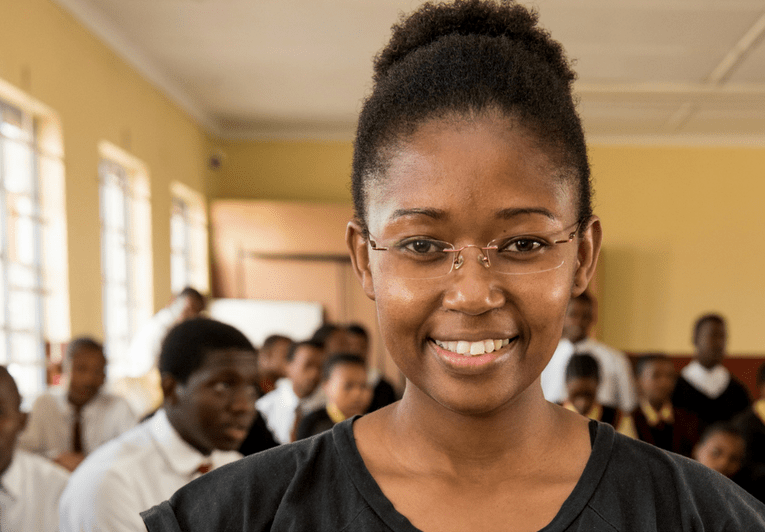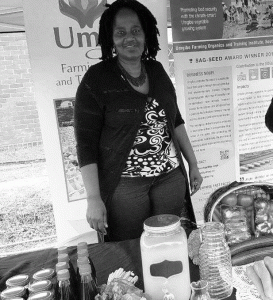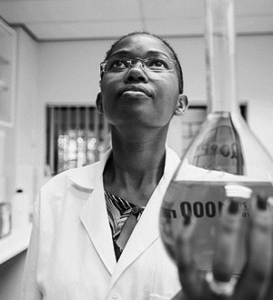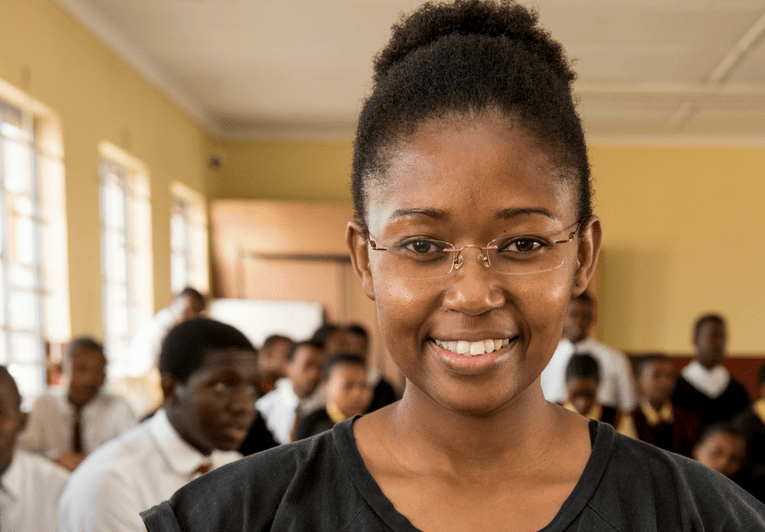
By Kalnisha Singh, Executive: Impact Economics – LifeCo UnLtd. The Impact fund backs impact entrepreneurs delivering sustainable solutions to social and environmental challenges in South Africa
Investing in female-owned and run (FOR) businesses makes perfect financial and economic sense for many reasons but there remain some challenges which also present opportunities.
I will point out a few:
1. There is currently a global deficit in investment funding available to FOR businesses – with FOR businesses currently attracting less than 3% of the funding available, despite representing approximately 30% of the business landscape.
The economic opportunity created by this deficit is for investors to take advantage of the untapped demand of capital flows into FOR enterprises.
2. In South Africa, there is a legislative push for the support and development of FOR businesses. This push is particularly realised through the revised B-BBEE legislation that places increased focus on female participation in ownership structures, as well as the focused inclusion of female-owned businesses in the supply chain.
This top-down push serves to eliminate elements of perceived risk and creates further opportunities for the capital market to seek out FOR businesses for inclusion in their portfolios.
3. In 2014 Credit Suisse released the CS3000 report – which found that there is a marked positive correlation between the number of women in “front-office” senior management, strategic and executive roles and overall business performance (return on equity and dividend pay-outs). Based on this trend analysis, FOR businesses are statistically more likely to outperform the market – and thus would prove an excellent investment destination.
Case studies
LifeCo UnLtd has witnessed the inclusiveness of FOR business models, even at the very grass-roots levels. While we do focus on impact entrepreneurs, there is a growing trend that FOR impact businesses cast a wider net and have a greater web of influence and impact.
Our LifeCo UnLtd Enterprizer Network which focuses on emerging and early-growth stage impact enterprises whom we assist scale up with inventive and timely solutions has seen great successes with FOR businesses.
Umgibe Farming Organics & Training

Through her company Umgibe Farming Organics & Training, Nonhlanhla Joye supports 51 co-operatives all around KZN and a total of 603 members which impacts over 3000 family members.
Umgibe Farming Organics is a carbon-saving, ecological, organic, income-generating vegetable-growing system which provides a platform to market vegetables grown by grassroots farmers in South Africa
Her story however had humble beginnings. Diagnosed with cancer in 2014, Nonhlanhla found herself unable to work to provide food for her family. She decided to grow organic vegetables in her backyard but unfortunately, the chickens ate all her vegetables. She was devastated, but as a woman, she had to come up with a solution.
She innovated a growing system that enabled her to grow vegetables using diversified plastic bags from going to landfills as growing bags. This solution provided the much-needed protection from the chickens but also saved water and fed the family as well as neighbours who started buying the surplus produce.
Before long Nonhlanhla was teaching other community members to grow nutritious vegetables and out of that her business was born. In 2016 LifeCo assisted her with finance and business support. Now years later Nonhlala is a multi-award winner for her work in impact farming.
Applied Sciences

Another LifeCo UnLtd Enterprizer beneficiary, scientist Bathabile Mpofu had a passion for improving the quality of science education in South Africa but found most students had limited exposure to science laboratories and experiments at the school level. Bathabile therefore founded Nkazimulo Applied Sciences in 2015 which designs science kits which she sells to schools that can afford them so that she can then donate or sell at a subsidized price to under privileged schools.
The company also makes physical science home chemistry kits for use by learners at home. This allows learners to gain hands-on exposure, confidence and understanding they need to study sciences.
Bathabile and her team also perform science experiments at schools in a simple fun and engaging way. In just three years her company has trained and worked with over 2000 youth in rural areas.







